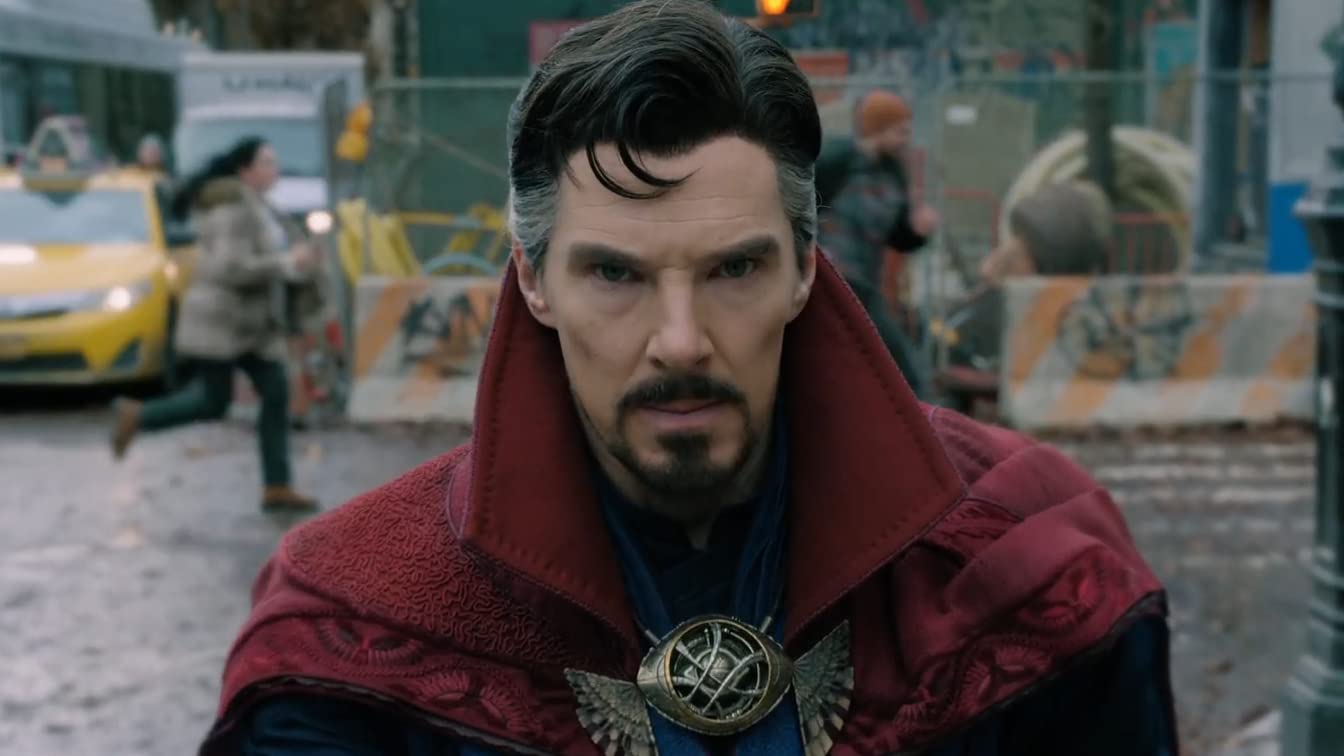Portugal faces a pivotal legal battle over AI advocacy.
- A legal dispute unfolds in Portugal involving prominent AI supporters.
- Religious and cultural figures are speaking out on AI’s moral implications.
- The case could set a significant precedent for AI regulation in Europe.
Portugal is witnessing a high-stakes legal dispute involving a group of AI advocates, dubbed “AI evangelists,” who are pushing for widespread acceptance of AI across various sectors. The situation has drawn in significant public figures, including Pope Francis and actors associated with films exploring AI, like Dr. Strange. This unusual coalition is united in voicing concerns over AI’s societal and ethical implications. The lawsuit has captured global attention as it unfolds in Portugal’s legal system.
This case is crucial as it brings to the forefront the ethical and societal debates surrounding AI. As AI continues to integrate more deeply into everyday life, figures from religious, cultural, and scientific backgrounds are challenging its unchecked development. The outcome could set legal benchmarks, not just for Portugal, but for broader European AI regulation, potentially influencing the global conversation around AI’s future.
Technical Focus
Portugal has recently ramped up its regulatory focus on AI, reflecting broader European concerns. The EU’s proposed Artificial Intelligence Act, one of the first of its kind, aims to create standardized regulations for AI technologies to ensure safety, transparency, and respect for fundamental rights. Portugal’s involvement in this case exemplifies the region’s proactive stance, seeking to balance innovation with accountability, particularly in high-risk AI applications like facial recognition, predictive policing, and autonomous decision-making.
Some of the most prominent voices in this case highlight the ethical conflicts AI presents. Religious leaders argue that unchecked AI development risks dehumanizing aspects of society, while cultural figures, including actors portraying AI-related roles, have voiced similar concerns. An AI advocate involved in the case has argued, however, that regulated, responsible AI can significantly benefit humanity by reducing workloads and improving healthcare. With both sides presenting impassioned arguments, Portugal’s case could become a defining moment in Europe’s approach to artificial intelligence regulation.
As the trial proceeds, the implications for AI’s future in Portugal and beyond remain uncertain, yet one thing is clear: this case is igniting an urgent global debate on the moral, ethical, and societal impacts of AI.
More News
Check out the latest updates from Cultural Dispatches, including Quentin Tarantino’s critique of Hollywood’s remake obsession in Dune and other films, and Tom Hanks’ new drama in Here. For movie buffs, discover the 10 Best Movies Set in Silver Lake and delve into the thought-provoking All We Imagine as Light.





